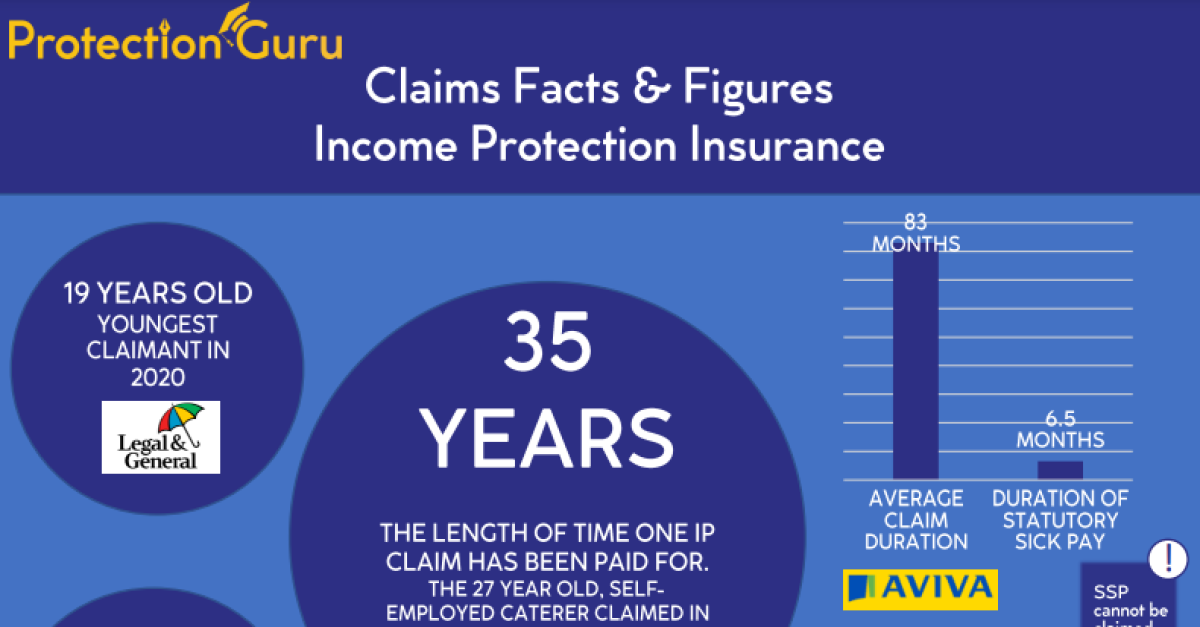
Why Consumer Duty has changed protection “For Good?”

.iece”Last week, we released information that demonstrates the dramatic impact the FCA’s Consumer Duty regulations are already having on protection. This was covered extensively in Money Marketing and FT Adviser and links to the relevant articles are below. I will leave you to read full details in the articles, but the message is we are beginning to see enormous change where Advisers are following the full requirements of Consumer Duty in their new business recommendations. It may be that currently only a small segment of the market is fully embracing this change, but if replicated across the whole market, the protection industry landscape and particularly which companies have the biggest market share will be radically altered.
We will have much more evidence in the coming months about changes in adviser behaviour, the data released last week only covered the first half of 2024 having looked at the Q3 I am seeing further significant changes.
I must pay tribute to the whole Protection Guru team who managed to achieve this despite last week also being arguably their busiest of the year, as we held the Protection Guru Awards.
There will be much more content on the Awards coming from our team over the next few days, so I won’t go into them in much detail other than to say an enormous thank you to everyone who attended and particularly all of those who really engaged with the “Great Gatsby and Peaky Blinders” theme.
We will be retaining both the venue and the dress code for the 2025 event, so I’ll be convening with my tailors very soon to come up with something very special in that theme (if you know, you know).
Several attendees on social media have referred to our ceremony as the “Protection Industry Oscars” and we are honoured that people see them that way. We deliberately run our awards very differently to other awards events and our whole team really appreciate the positive feedback attendees give us.
Turning to coverage from Protection Guru last week; on Tuesday Amanda Newman Smith wrote a fascinating piece on a subject that should be of interest to us all How to help clients become insurance literate.
There are some really valuable messages in this piece about our industry, we must be honest and recognise that it does have a habit of speaking in its own technical shorthand which can make things difficult for consumers.
This was followed by Gary Waters piece on How to stop clients seeing their savings as income protection policies.
This is such an important issue, the reality is that every financial plan fails without an income and if clients use their savings to cover income needs in illness, chances are they will struggle to get this financial plans back on track, not least because evidence shows that after a long absence from work through illness careers are unlikely to recover their original trajectory.
It may seem good sense to cover such gaps from savings, but income protection is a far better option. Gary also deserves a mention for the longest distance to get to Protection Guru Awards, having travelled from Bali to join us.
Thursday saw David Mead from Future Proof and St James Place outline Nine lessons we’ve learned dealing with protection referrals. David’s team have transformed the level of protection business that can be completed from a wealth firm, he shares his incredibly valuable insight.
Lastly our own Jo Legg explored Menopause and insurance addressing gaps in critical illness and income protection coverage to coincide with the awareness day for Menopause.
The first two external articles that caught my eye last week were ones where Protection Guru shared important industry data, these are the pieces I referred to in my introduction above.
Money Marketing Advisers provider selection significantly changed by value and price
FT Adviser 2024 is the year income protection is recognised as essential
As I mentioned in my summary, two weeks ago Kevin Carr had an amusing look at why we make it so hard for consumers to take out life insurance, in his piece It’s almost as if we want to put people off in Money Marketing a few weeks ago. Not to be out done Phil Jeynes responded last week exploring Why true innovation in underwriting is so hard to achieve. These two pieces need to be read together although I can’t help but notice that both the guys are being very nice and not pointing out that there are a handful of insurers who do not actually want clients to be given their personal price as soon as possible, as they run a nice little model where a lot of cases get modest ratings but are not then re-brokered when perhaps they should be.
Let’s ignore that model rather flies in the face of Consumer Duty and leave those responsible to worry about the difficult position they are putting themselves in, in the context of the Senior Persons regime. After all the FCA aren’t looking to identify avoidable harm in the Protection market right now, are they? Oh, to be a fly in the wall when a couple of people get called in Stratford.

















